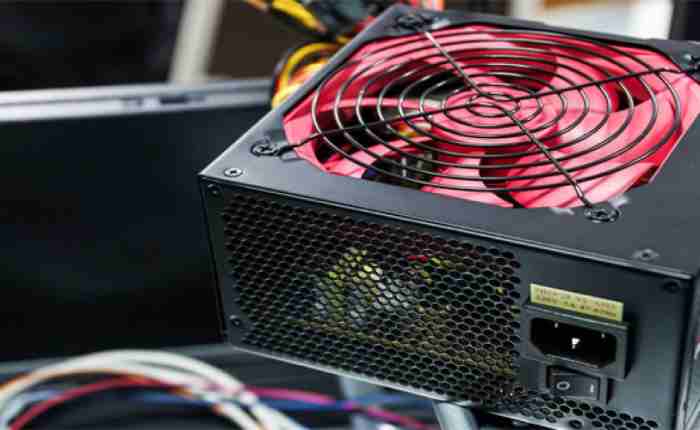Selecting the right power supply unit (PSU) for your gaming setup is a crucial step to ensure stable and reliable performance. The PSU is responsible for providing a steady flow of power to all the components in your gaming rig, and choosing the appropriate wattage and quality can have a significant impact on your system’s overall efficiency and longevity. When determining the power supply requirements for your gaming PC, several factors come into play, including the components’ power consumption, future upgrades, and the efficiency of the PSU.
Here’s A Comprehensive Guide To Help You Make An Informed Decision:
1. Calculating Power Requirements
The first step is to estimate the power consumption of your components. Graphics cards and processors are the primary power consumers in a gaming rig. Check the official specifications for each component or use online power supply calculators to get an idea of the wattage your system needs. Ensure you account for potential upgrades or additions like extra storage, cooling solutions, or RGB lighting.
2. Graphics Card Considerations
High-performance graphics cards are often the most power-hungry components in a gaming PC. Ensure your PSU can handle the peak power demands of your graphics card, especially during intense gaming sessions. It’s advisable to check the manufacturer’s recommendations for your specific GPU model.
3. Efficiency Rating
PSUs come with efficiency ratings, typically labeled as 80 PLUS. These ratings indicate how efficiently the PSU converts AC power from your wall outlet to DC power for your components. Higher efficiency ratings result in less wasted energy, reduced heat output, and potentially lower electricity bills. Aim for at least an 80 PLUS Bronze-rated PSU for a gaming system.
4. Future-Proofing
Consider future upgrades when choosing a power supply. If you plan to upgrade your graphics card or add more components, it’s wise to invest in a slightly higher wattage PSU than your current needs. This ensures you have enough headroom for future expansions without needing to replace the best RTX 4090 power supply.
5. Modular vs. Non-Modular PSUs
Power supplies come in modular and non-modular designs. Modular PSUs allow you to detach unnecessary cables, improving cable management and airflow. Non-modular PSUs come with fixed cables, which can lead to a messier interior but are often more budget-friendly. Choose based on your preference and the importance you place on cable management.
6. Brand and Quality
The PSU is a critical component, and choosing a reputable brand with a history of reliable products is essential. Brands like Corsair, EVGA, Seasonic, and Thermaltake are known for producing high-quality power supplies. Read reviews and consider user feedback to ensure the reliability of the chosen PSU model.
7. Form Factor and Size
Ensure the PSU you select fits your case and aligns with the form factor requirements. Common form factors include ATX, microATX, and SFX. Check your case specifications and verify that the PSU dimensions are compatible.
8. Overclocking Considerations
If you plan to overclock your CPU or GPU for enhanced performance, factor in the increased power demands. Overclocking can significantly raise power consumption, so ensure your PSU can handle the additional load.
9. Budget Constraints
While it’s tempting to prioritize budget, the power supply is not the component to skimp on. Investing in a reliable and efficient PSU protects your entire system from potential damage due to power fluctuations and ensures stable performance. Consider it a long-term investment in the health and longevity of your gaming rig.
10. Warranty and Support
Check the warranty offered by the PSU manufacturer. A longer warranty period often indicates the manufacturer’s confidence in their product. Additionally, good customer support can be crucial if you encounter issues or have questions about your power supply.
In conclusion, selecting the right power supply for gaming involves careful consideration of your system’s power requirements, efficiency, future upgrades, brand reputation, and budget constraints. Taking the time to research and choose wisely can contribute to a stable and reliable gaming experience while safeguarding your valuable components.

